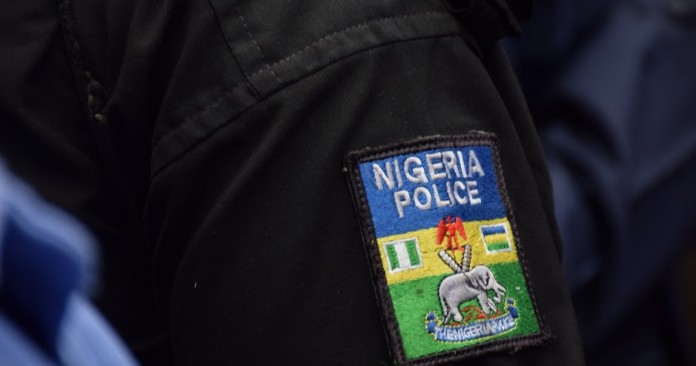The federal high court in Abuja has adjourned the case involving the forfeiture of properties linked to Yahaya Bello, governor of Kogi, indefinitely.
Nicholas Oweibo, the presiding judge, on Monday, gave the ruling following a stay of execution application filed by the Economic and Financial Crimes Commission (EFCC).
BACKGROUND
In February, the court granted the interim forfeiture order of 14 properties allegedly linked to Bello following an ex parte application by the EFCC.
Advertisement
The properties were said to be located in Lagos, Abuja, and the United Arab Emirates (UAE).
Following the order, Oweibo directed the commission to make publications in two national dailies for any interested party to show cause why a final forfeiture order should not be made.
However, the Kogi governor filed an application seeking to vacate the interim forfeiture order.
Advertisement
He premised his application on the grounds that the properties listed were not proceeds of an unlawful act, as they were acquired long before he was elected governor.
The governor argued that section 308 of the constitution grants him immunity from being prosecuted for civil or criminal suits.
On April 26, the court vacated the interim forfeiture order made against properties linked to the Kogi governor.
THE COURT CASE
Advertisement
At the resumption of the hearing on Monday, Rotimi Oyedepo, counsel to the EFCC, told the court that the agency had filed an application seeking a stay of execution of the April 26 ruling pending the outcome of the appeal on the case.
In his response, Akoh Ocheni, counsel to the Kogi governor, asked the court to strike out the application because the agency failed to comply with the rules of the court, which mandated it to file a written address along with the application.
Ocheni told the court that the matter is before the court of appeal and that records of proceedings have been transmitted to the upper court.
He argued that the lower court lacked the jurisdiction to continue to hear the application.
Advertisement
After lawyers’ arguments, Oweibo adjourned the matter sine die to await the appellate court’s decision.
Advertisement
Add a comment






